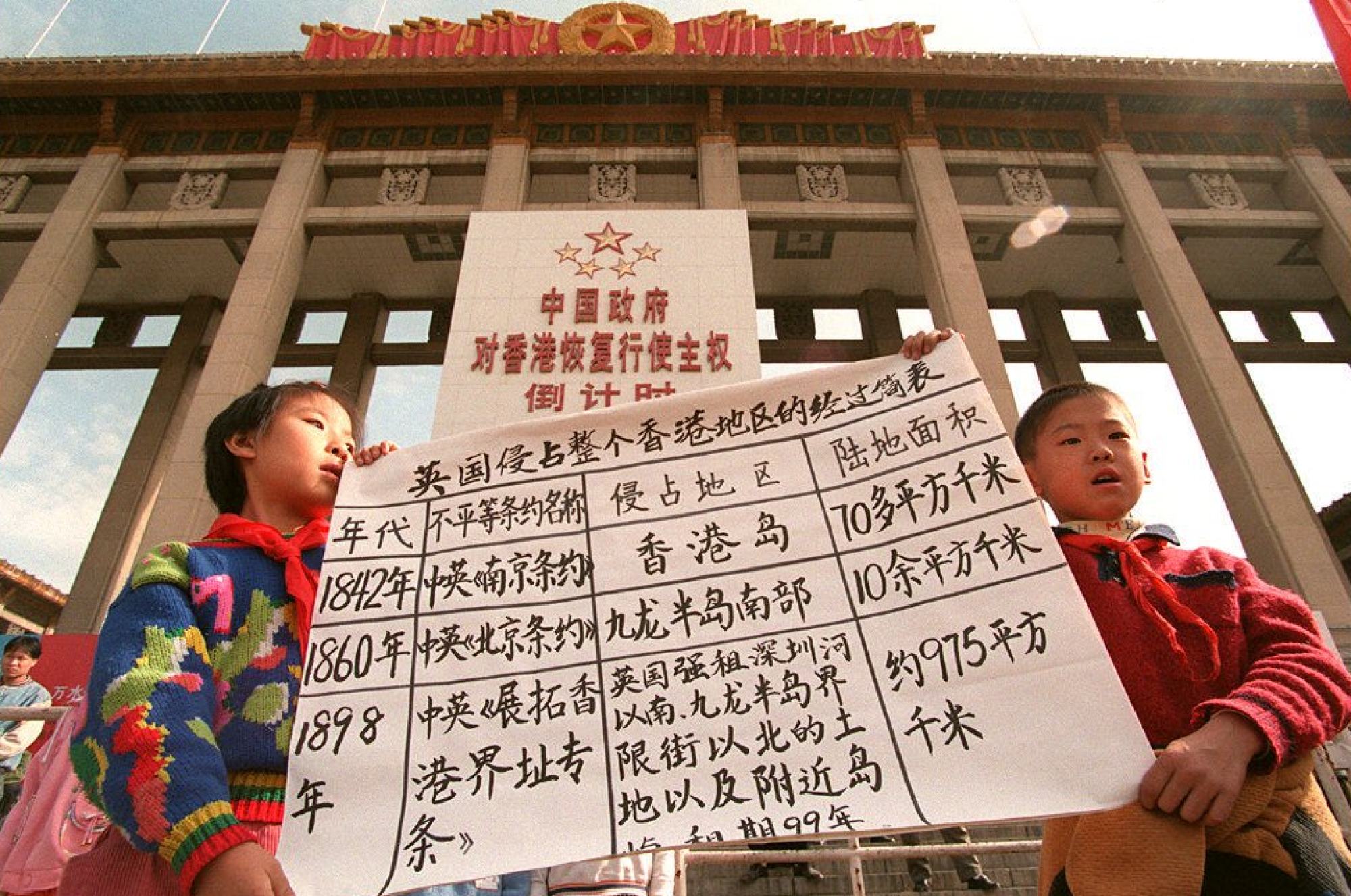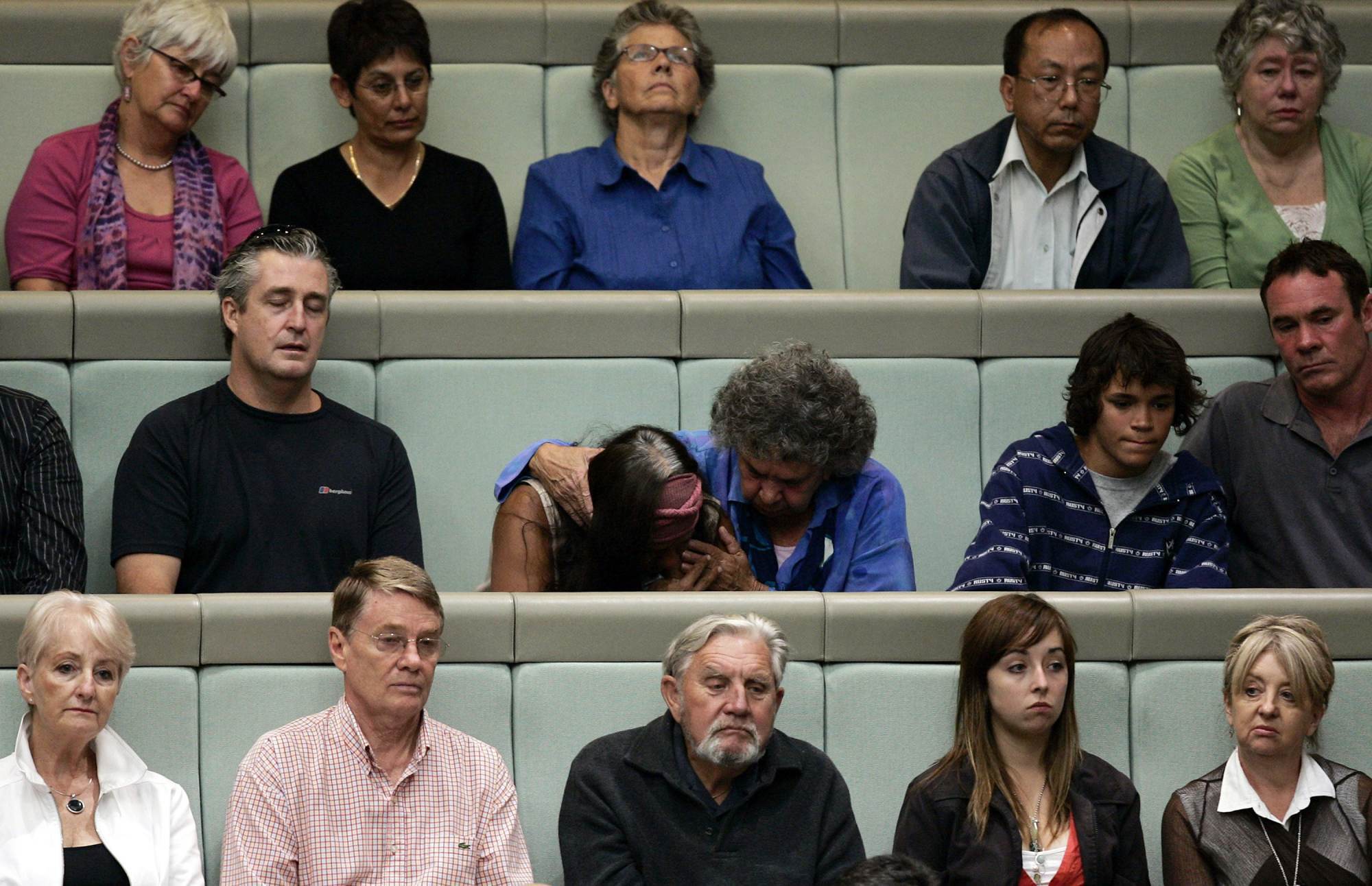
Patriotism should not lead to a single, Beijing-approved view of Hong Kong history
- In our attempt to bring Hong Kong’s account of its own history in line with the mainland Chinese version, there needs to be room to accommodate different points of view
History is fluid, being shaped over time by research and interpretation. A saying that it is “written by the victors” is also partly true.
Knowing that should have prepared me for a visit to the Hong Kong Museum of History. Still, I was surprised to read in the section on British colonial rule that “through three unequal treaties, Britain succeeded in illegally occupying the entire area of Hong Kong”.
A third pact in 1898 gave it control of the New Territories. Negotiating from a weak position can be interpreted as “uneven”, but is an agreement that leads to the handing over of territory “illegal occupation”?

That is in keeping with the Chinese Communist Party’s narrative that, despite the treaties, China never gave up sovereignty of Hong Kong because the pacts were illegal and violated international conventions.
Beijing’s interpretation of history is markedly different from the West’s viewpoint. Contrary to Western teaching that the Japanese surrender on September 3, 1945, was the result of American-led Allied naval battles and air strikes that culminated in atomic bombings, many Chinese students learn that a more essential reason for the defeat of the Japanese imperial forces and fascism in Asia was land fighting in China.
They are told that Chiang Kai-shek’s nationalist troops refused to adequately cooperate with rival Mao Zedong’s Communist forces in fighting a common enemy and lost support due to government corruption; the West’s version is that Chiang’s army did most of the fighting and was substantially weakened and in a losing position when civil war resumed after Japan’s capitulation.
The power of victors to write history is why I was largely unaware at school in the 1970s of the horrendous massacres white settlers carried out against indigenous people in Australia from the late 18th century onwards that dispossessed land, wiped out generations and split families; only with the 200th anniversary of British settlement in 1988 did substantial revision and efforts for reconciliation begin.

My father, who grew up in Nazi Germany and was obliged to be a member of Adolf Hitler’s youth movement, was convinced the dictator was alive and well in Argentina long after the US and its allies claimed he had died on April 30, 1945, when his corpse was burned after he shot himself.
Perspectives of history differ as a result of education, experience and political influence and outlook. With Beijing’s version of events seemingly being presented to Hongkongers as the only correct account, there is understandable concern among some parents, teachers and academics about children being “brainwashed”. A number worry that the national security law could be used to stifle discussion.
Hongkongers have huge gaps in their understanding and knowledge of mainland China as a result of British colonial rule. The sides developed differently and were separated for a long time, leading to some people not being open to the ways of the other.
With Beijing speaking of the need for patriotism, it is unlikely students will be afforded a variety of perspectives. Yet it is essential that history is presented in as balanced a way as possible by offering different points of view. Without that, there is a risk of furthering anger, hatred and, worst of all, extremism.
Peter Kammerer is a senior writer at the Post

